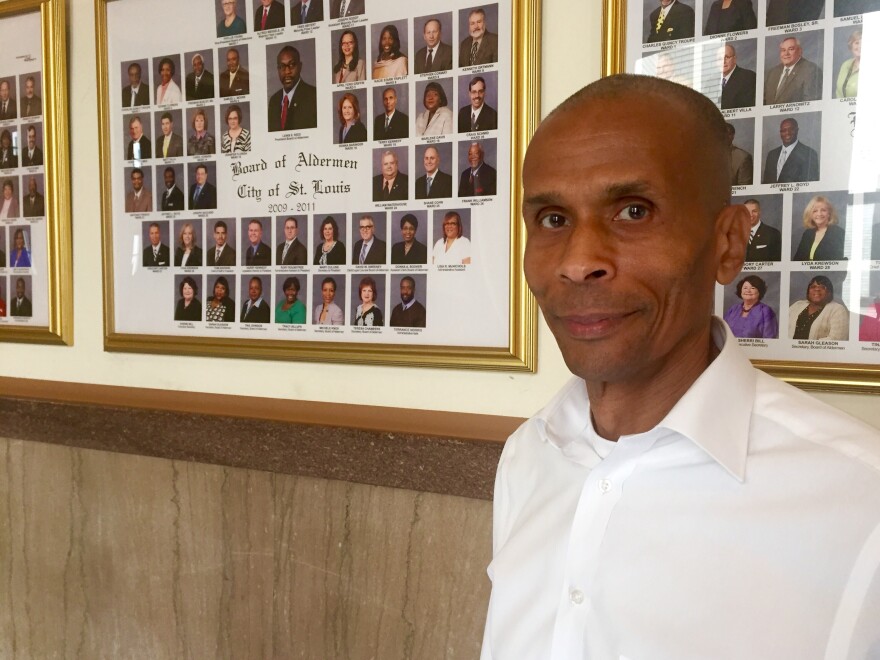Should the Board of Aldermen consider if its policies are fair to communities of color when making decisions?
Members of the Engrossment Rules, Resolutions, and Credentials committee think so. Today the committee approved a plan recommending that the full board apply a "racial equity lens" to city policy decisions.
But, what is a racial equity lens?
“Basically it’s a process and a standard of measurement for looking at all the decisions and proposals and their impact on communities of color,” explained Alderman Terry Kennedy, who represents the 18th Ward.
“The lens itself is the process to look at these decisions before they are implemented to assure that ultimately they do not negatively impact communities of color that in America, have mostly been disenfranchised for decades.”
Kennedy, the lead sponsor of the resolution calling for the lens, said the board doesn’t have any process to assess how its proposals will affect local people of color.
“If we do not do this, then we continue to perpetuate the disenfranchisement and the poverties and the conditions that we presently see," he said. "So it is a step toward ending decades of discrimination.”
After hearing testimony, and reviewing Resolution 207, the committee recommended racial equity training for the whole board. The training is budgeted and costs about $10,000 a day, said Charles Bryson, director of the city's Civil Rights Enforcement Agency.
Almost 100 managers, directors, commissioners, and other staff on the mayor’s team already have received the training that aims to explain racial equity and its role in government.
Loading...
The 2015 Forward Through Ferguson report called for the city to apply a racial equity lens — not just for the Board of Alderman — but for all government bodies, non-profit and private organizations.
The report suggested that to address and root out disparities in opportunities for people of color, people making decisions must ask themselves at least these three questions:
“Whom does this benefit? Does this differentially impact racial and ethnic groups? What is missing that will decrease or eliminate racial disparities?”
Follow on Twitter @jnnsmn


